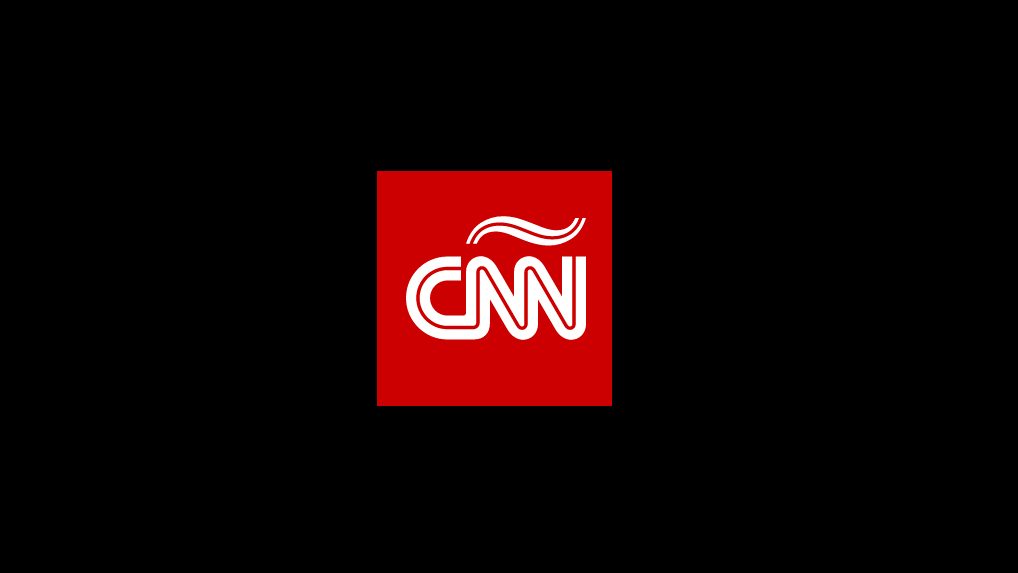Before voting this year, Venezuelans have a right to know the state of Hugo Chávez’s health
EVEN by the standards of one of the world’s great conspiracy
theorists, it was wacky stuff. On hearing the news that Argentina’s
Cristina Fernández had become the fifth left-of-centre Latin American
leader to be diagnosed with cancer in the past three years, Venezuela’s
Hugo Chávez, himself unlucky enough to be one of them, mused that the
United States might have developed technology to “induce cancer” in its
political foes. “I don’t want to make any reckless accusation,” Mr
Chávez said disingenuously, “but it’s very, very, very strange.”
This could be just another piece of self-evident nonsense from Mr
Chávez. After all, several of the other stricken leaders have friendly
relations with the United States and the health scares have thus far
increased the popularity of both Mr Chávez and Ms Fernández: Latin
American politics has featured a maudlin streak ever since the early
death (yes, from cancer) of Eva Perón. But Mr Chávez may have been
putting up a smokescreen. The recent cancer cases offer not just stories
of personal suffering but also a striking contrast in the way that the
leaders affected have handled the news about their health.
Four have been exemplary in releasing timely information about their
condition, overcoming the human instinct for secrecy in such matters.
Brazil’s president, Dilma Rousseff, was diagnosed with lymphatic cancer
in 2009 on the eve of the campaign in which she was elected. Paraguay’s
president, Fernando Lugo, was equally open when treated for the same
illness. In October, when Ms Rousseff’s predecessor, Luiz Inácio Lula da
Silva, was diagnosed with throat cancer, he made a point of ordering
his doctor to release full details of his condition to the press. Ms
Fernández, who this week underwent surgery for thyroid cancer, has
behaved similarly.
The odd one out is Mr Chávez. He has said that he had an operation in
Cuba in June to remove a lump from his pelvic area; he insists that,
after four sessions of chemotherapy, he has been cured. But he refuses
to reveal what kind of cancer he had, nor have any of his doctors
appeared in public to offer a prognosis. The obvious inference is that
the problem may be more serious than he is letting on. Some foreign
intelligence sources suggest that Mr Chávez has an untreatable sarcoma.
If this is true, he would not be the first political leader to try to
hide a medical problem. François Mitterrand ruled France for 11 years
while nursing prostate cancer. John Kennedy had daily injections of
steroids for a rare endocrine disorder. But it is hard in today’s more
open societies for such secrecy to be maintained. For instance, Indian
officials have been tight-lipped about the illness afflicting Sonia
Gandhi, uncrowned queen of the country’s ruling party; and the cloud of
unknowing contributes to government paralysis in Delhi.
As for Mr Chávez, having largely misgoverned his country for the past
dozen years, he is running for yet another six years as president in an
election due on October 7th. Venezuelans have a right to know whether
his health is good enough for there to be a reasonable prospect of his
serving out his term. Cheery official assurances count for nothing
unless backed with medical detail. This is especially important since Mr
Chávez has systematically concentrated power in his own hands. His
sidekicks are jockeying for position and he has started shuffling the
pack of top jobs (see article).
Is that mere coincidence? Venezuela’s constitution, inspired by Mr
Chávez, allows the president to change his vice-president at any time.
He should now make it clear who he sees as his political heir. Continued
silence will provide Venezuelans with yet another reason to vote for
the opposition.
from the print edition | Leaders





































0 comentarios:
Publicar un comentario
Haga su comentario